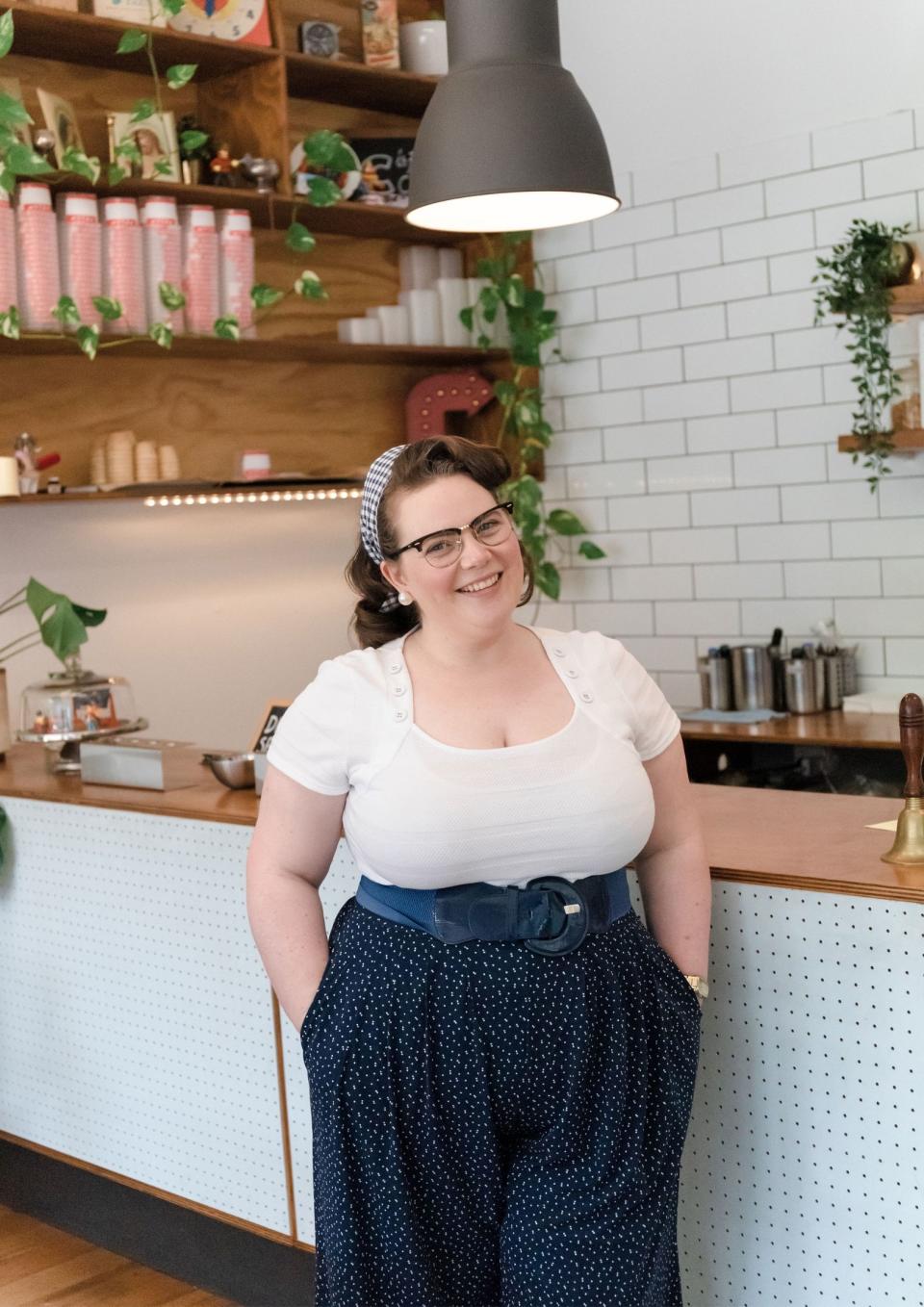The Aussies $115,000 worse off in retirement

When planning and organisation coach Hollie Barac decided to leave the corporate world to launch her own business, she ran into a problem hundreds of thousands of self-employed Australians had before her.
What to do with her super? She’d been contributing since she was 15 and taking advantage of Government co-contribution strategies, but when she stepped into the self-employed workforce, she was completely adrift.
“I put [super] in the too hard basket because I thought, 'It's just going to be too difficult to have it with the big superannuation companies,’” the head of MayDay VA told Yahoo Finance.
“I just ignored it and hoped that maybe one day I'd be in a position where I could actually start squirrelling some money away into a high-interest savings account instead.”
She didn’t think she’d be able to put away the 9.5 per cent that employees receive from their employers’ contributions, but hoped to just have some money in the account.
A growing challenge for Australian retirement industry
Barac’s story is far from unique.
Research from Association of Superannuation Funds of Australia from 2018 warned that the majority of self-employed Australians will struggle to achieve a comfortable retirement. By 50-54 years, the average self-employed Australian has $74,454 in their super. That’s compared to the $165,183 in wage earners’ accounts. And the difference is even more pronounced for self-employed women.
By retirement, that increases to a difference of $114,969.

And more Australians are becoming self-employed. Australia’s unemployment rate fell to 6.8 per cent in September, driven by a huge increase in the number of self-employed Australians, many of those in the gig economy.
Even before the Covid-19 pandemic forced Australians to reconsider the way they earn an income, the surge in self-employed and gig economy workers was causing headaches for the Australian retirement sector.
The Actuaries Institute in February warned of the growth of workers employed in the gig economy, saying those Australians risk paltry super balances as they are often not paid super. And, an increasingly casualised workforce means others aren’t meeting the $450 monthly threshold which requires employers to pay super.
Then there are the business owners and sole traders: they generally don’t even need to pay themselves super.
Solution time for superannuation sector

According to GigSuper co-founder and community engagement expert, Branka Injac Misic, this was one of the biggest challenges that needed solving in the financial sector.
When she struck out on her own, she sat down with her adviser and was “so completely clueless”. She asked if she was going to get fined if she didn’t put money into her super and the adviser simply said no without elaborating on the benefits of maintaining super contributions, or how to maximise them.
“That was his only feedback,” she said.
That’s what drew her to join two other former corporate workers, Peter Stanhope and Martin Batur, in launching GigSuper, a super fund for self-employed Australians.
“When they approached me, I remember thinking, ‘I absolutely understand the problems this is solving, because I’ve faced them’.”
GigSuper aims to provide education for self-employed Australians about superannuation and Government incentives, a community for self-employed people and simple technology and processes to help them set up their super strategy and put money away.
Barac said one of the most useful aspects of the platform is the fact it has two accounts: the saver and the super account. Once a quarter, a certain amount from the saver account is transferred into the super account, but it’s generally accessible to gig workers and the self-employed.
“The savings account feature means you don’t need Government permission to dip in,” she said, adding that many businesses operate on a cash basis, so the ability to access funds is critical.
But for Injac Misic, it comes down to dispelling myths around super.
Self-employed Australians are among some of the most intelligent people in the country, but she believes many fall prey to the idea that super has a “massive veil of complexity” and that it’s just not worth the effort.
“But it’s about helping people understand the value of super,” she said.
“There’s an idea that super is money for when you’re old… but there’s so many other benefits to super today. For me, one of those benefits - especially for women - is understanding that super is about valuing yourself, and valuing your worth.”
Want to take control of your finances and your future? Join the Women’s Money Movement on LinkedIn and follow Yahoo Finance Australia on Facebook, Twitter and Instagram.



